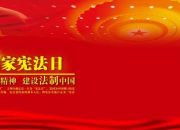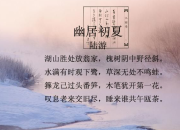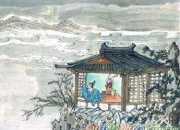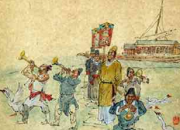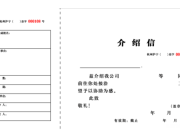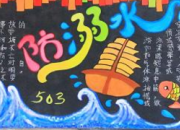天上明亮的星星英语诗歌
时间:2021-08-31Bright Star
Bright star! would I were steadfast as thou art---
Not in lone splendour hung aloft the night,
And watching, with eternal lids apart,
Like nature’s patient sleepless Eremite,
The moving waters at their priestlike task
Of pure ablution round earth’s human shores,
Or gazing on the new soft-fallen mask
Of snow upon the mountains and the moors---
No--yet still steadfast, still unchangeable,
Pillow’d upon my fair love’s ripening breast
To feel for ever its soft fall and swell,
Awake for ever in sweet unrest,
Still, still to hear her tender-taken breath,
And so live ever, ---or else swoon to death.
天上明亮的星星
天上明亮的星星,
我宁愿有你这般坚定;
但不象你在夜空高挂,
发着辉光寂寞幽深;
犹如自然界耐心的隐士,
时时闪烁着明亮的眼睛。
你察看奔流的江河为世人洗礼,
恰似牧师履行那圣洁的使命;
你察看飞雪轻轻飘落大地,
把山岭和荒野装扮一新。
不,我宁愿比你更加坚定,
更加无怨无悔永不变心;
我要枕着爱人日渐丰满的胸膛,
把那平稳的起伏感受终身;
总有甜蜜在心头悸动,
永远睁大无眠的眼睛;
倾听她柔和的呼吸,
肃静,肃静,肃静,
要么让我永远这样活在世上,
要么在迷蒙中结束我的生命。
约翰·济慈(John Keats1795—1821)英国诗人 天上的星星,千年百代,高挂夜空,总是俯视人间,细查大地。诗人先将星星拟人,然后又将自己对“爱”的忠贞不二与星星类比。这也是一首动人的爱的乐章,必 须演奏得高雅和谐、优美流畅,不能有一丝一毫走调。诗的生命力在于想象,月亮星星皆可拟人。


